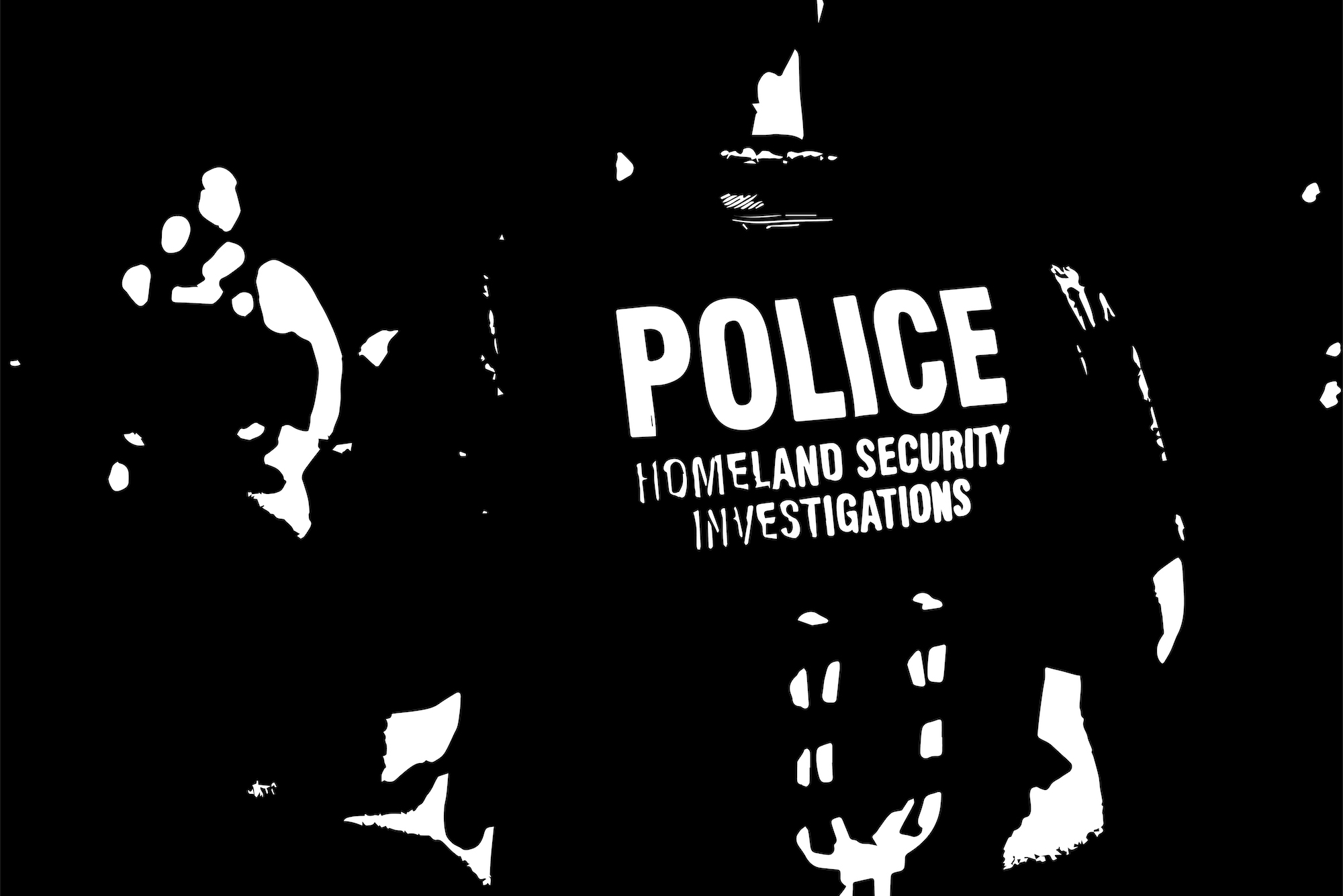On the eve of the 20th anniversary of 9/11, the federal department created to defend the country against external threats is turning inward, treating protestors for racial justice as dangers to national security. We need a national dialogue not only about the roles and responsibilities of police in our society, but also the roles and responsibilities of federal law enforcement agencies like the Department of Homeland Security. Recent events, from child separation to attacks on protestors in Portland, are a part of the constant ups and downs of DHS over the past 17 years. It is time for a fundamental reorganization of DHS.
After 17 years, the grand experiment that is DHS has run its course. This is not to say that many of its responsibilities should be abolished, but rather the nation’s approach to threats can be reimagined as well as the department created to help address some of them.
DHS should be a much pared-down department. With the growing threat of climate change, FEMA will be one of the most critical agencies in government to support people in responding to and recovering from disasters. Over the years, disaster declarations have steadily increased not only as a result of more states requesting assistance, but also because of the severity of the disasters they are encountering. FEMA will benefit from returning to its perch as an independent agency with direct report to the White House. This will lessen the bureaucratic hurdles FEMA encounters when operating within DHS, and allow them greater authority to mobilize resources across the government when responding to disasters and threats such as COVID-19.
One of the biggest missions of DHS is cybersecurity. However, DHS is often caught flat-footed in this area, most recently after the 2016 election.
ICE and CBP should return to their former agency – the Department of Justice – which has infrastructure in place to provide more effective oversight of how those agencies operate. It wasn’t too long ago that a report commissioned by former DHS Secretary Jeh Johnson declared the US Border Patrol a national security threat. This wasn’t a partisan attack during a previous presidential administration, but rather a reflection of the reality of a law enforcement agency operating without effective oversight and accountability, and susceptible to rampant corruption.
The Transportation Security Agency, which technically is supposed to focus on various forms of transit security in the country, places heavy emphasis on air travel. This focus leads them to often coordinate and engage with the Federal Aviation Administration in the Department of Transportation. TSA would be better served operating within the Department of Transportation which has oversight over many of the areas TSA operations touch on including regulation of drones that fly near airports.
The US Secret Service and US Coast Guard have often been outliers in DHS. The Secret Service emerged out of the Civil War with a focus on combatting the production of counterfeit currency then expanded to the security of senior leaders in government. There have been recent discussions on shifting the Secret Service back to the Department of Treasury where its focus on investigating financial crime and counterfeit currency will fit better. This move to Treasury has already received bipartisan support in Congress.
The US Coast Guard has fit awkwardly within DHS. Culturally, the USCG often considers itself more a part of the Department of Defense than homeland security. Before the creation of DHS, USCG resided within the Department of Transportation. USCG should be fully integrated with the Department of Defense where it resided during the early twentieth century until the 1960s. In fact, part of the Coast Guard’s mandate is to come under DOD during an attack on the United States.
One of the biggest missions of DHS is cybersecurity. However, DHS is often caught flat-footed in this area, most recently after the 2016 election when news reports revealed that DHS did not inform many state governments about attacks on their election infrastructure by Russian hackers. In 2018, Congress approved restructuring the DHS critical infrastructure and cybersecurity agency to focus on cybersecurity coordination with state and local governments, the private sector, and other stakeholders. This agency also focuses on protection of critical infrastructure such as our election systems and the electrical grid. It should remain a part of DHS and receive more attention and funding than what is currently appropriated as a result of the department’s focus on border control and immigration enforcement.
So, what does DHS look like with these changes? First, DHS will shift from being the largest law enforcement department in the federal government to one of its smallest. Its mission will focus on the threats of the future to include: climate change, pandemics, cybersecurity, attacks on US critical infrastructure, and engaging government and non-government stakeholders to counter disinformation and misinformation.
The department’s focus on immigration enforcement and border security has severely hurt its mission set, tainted the good work its personnel execute elsewhere in the department and starved its other agencies and programs of critical funding. A reorganized DHS will best position the US to prepare for the non-military threats of the future, focus more on policy development and engagement with stakeholders such as the public, private sector, and state and local governments, and do the critical intellectual work to reimagine US national security without a dominant focus on law enforcement.
Dr. Heather Ashby is a foreign policy and national security professional based in the Washington, DC area.





















